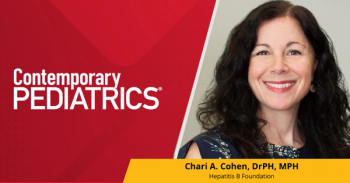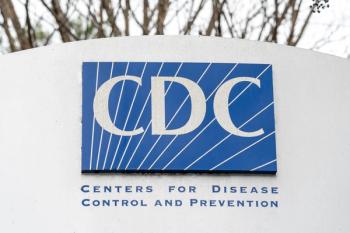
Children on public insurance denied access to, or wait longer for, specialty care
Evidence from a new study suggests that children covered by Medicaid and the Children?s Health Insurance Program (CHIP) are less likely to receive outpatient specialty care than children covered by private health insurance and are more likely to wait longer times for appointments.
Evidence from a new study suggests that children covered by Medicaid and the Children’s Health Insurance Program (CHIP) are less likely to receive outpatient specialty care than children covered by private health insurance and are more likely to wait longer times for appointments.
Researchers designed an audit study of specialty providers in Cook County, Illinois, in which research assistants posing as mothers called providers to schedule an appointment for a child needing care in 1 of 8 specialties. Two calls made by the same person 1 month apart varied only by private versus public (Medicaid-CHIP) insurance status. Every caller reported having a referral from the child’s primary care physician; 3 referrals were by an emergency department.
During the 5-month study period, 546 calls were made to 273 specialty clinics in the study sample. In 54% of calls, clinics asked for insurance type before scheduling an appointment, and in 52% of those calls insurance coverage was the first question asked. Sixty-six percent (179) of the callers reporting Medicaid-CHIP coverage were denied an appointment for specialty care, compared with 11% (29) of callers reporting private health insurance (P
Among specialty clinics that scheduled appointments for both public and private insurance enrollees, children with public insurance waited on average 42 days for an appointment with a specialist while those with private insurance waited 20 days (P=.005).
The researchers note that their study evaluated only access to specialty care for publicly and privately insured children in a heavily populated US county and that caution is needed in generalizing the results to inpatient or rural settings. Also, access may be different for uninsured children, they say.
Bisgaier J, Rhodes KV. Auditing access to specialty care for children with public insurance. N Engl J Med. 2011;364(24):2324-2333.
Newsletter
Access practical, evidence-based guidance to support better care for our youngest patients. Join our email list for the latest clinical updates.










